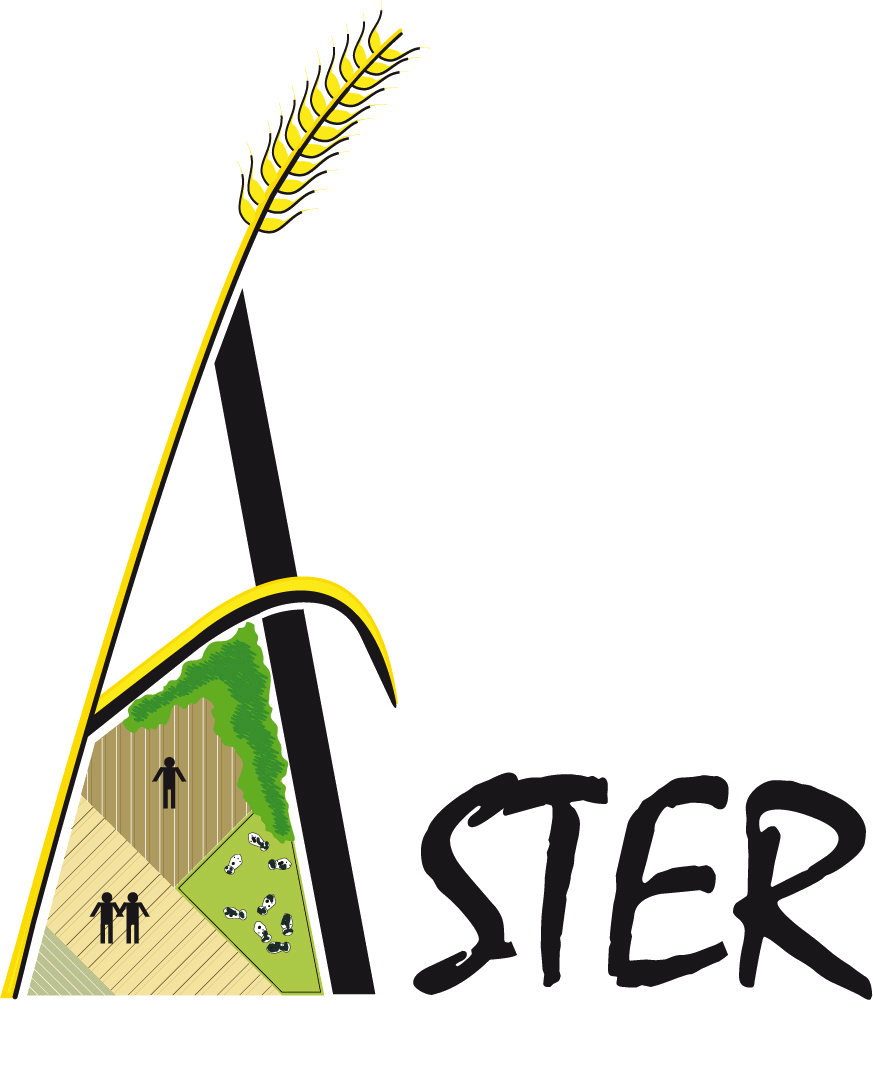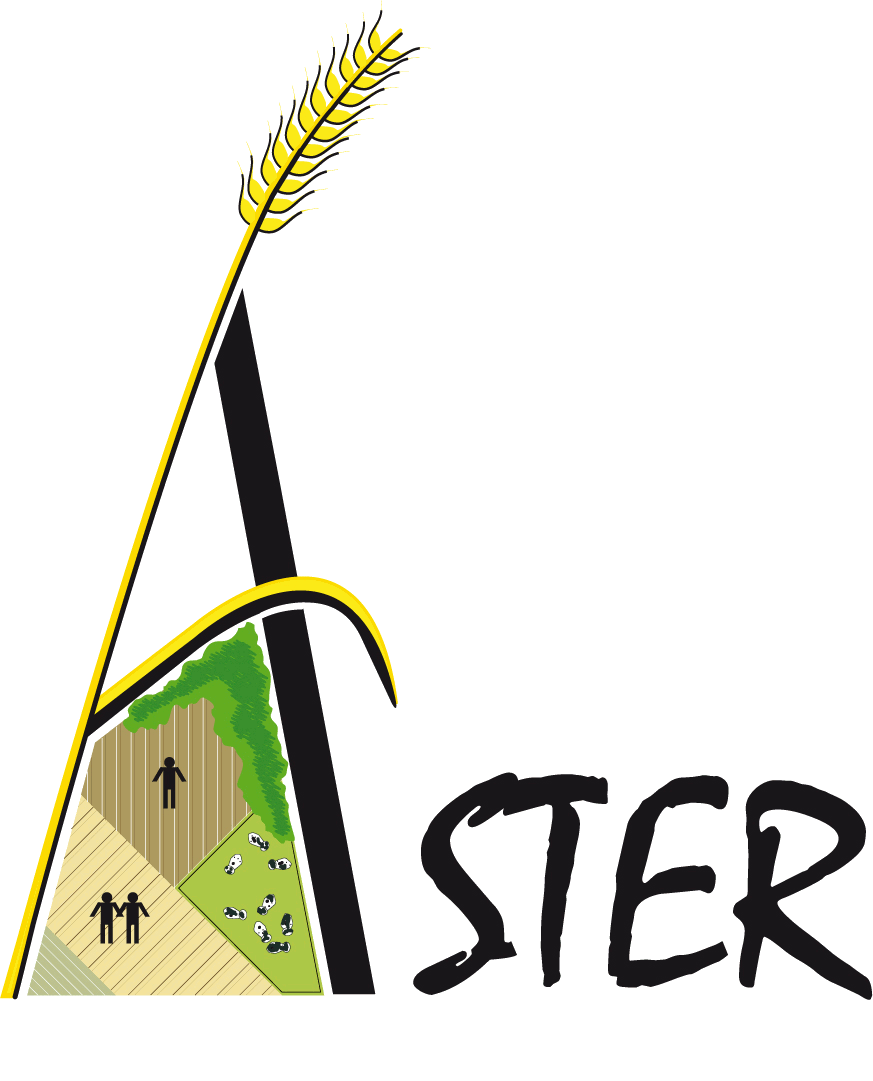No borders when driving agricultural economy! An analysis of cross-border grain flows in Lorraine
Résumé
The grain market, especially the wheat market, is fully integrated in the globalization of agricultural trade (Denieulle, 2023), and France is the world's fourth-largest exporter of grains (Beauvais et al., 2022). The cross-border situation of a region encourages the development of specific agricultural and agro-industrial strategies (Rouget, 2008).
Lorraine's (FR) inland waterway infrastructure – such as the Port of Metz, France's largest cereal port, on the Moselle canal – connects border countries (Belgium, Germany) and Netherlands. In this way, exports are the main outlet for regional grain collectors, influencing territorial specializations.
Cross-border situation can be seen as a lever for agricultural development, based on an agro-industrial export model, but also as an obstacle to agricultural models, more in line with the sustainable development paradigm, that territorial public policies tend to support.
Based on qualitative and quantitative data obtained as part of a research-action project (TRANSAAT : https://www.tetrae.fr/les-projets/transaat), we outline the current portrait of regional grain sector by examining the processing capacity of industrial grain collectors. These stakeholders consider cross-border areas as an opportunity and a resource for their business. However, they rely on a European market for agricultural commodities, whose characteristics may prevent an improvement of product value, an increase in quality, or environmental initiatives.
The continuation of this organization, implemented over several decades, could be challenged by the expected consequences of climate change (especially the lower Rhine level), which could lead to a reterritorialization of cereal processing. Moreover the Lorraine is a region which is part of the “zone intermédiaire”, knows for it’s sensitivity to climate change due to the hydromorphic lands.
At the same time, other work carried out as part of the TRANSAAT project shows that public policies are facing difficulties in implementing cross-border food reterritorialization projects.
Domaines
Géographie| Origine | Fichiers produits par l'(les) auteur(s) |
|---|

